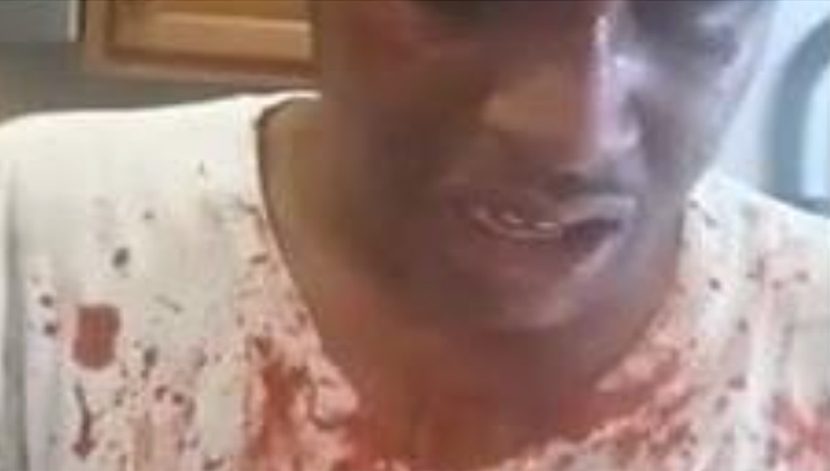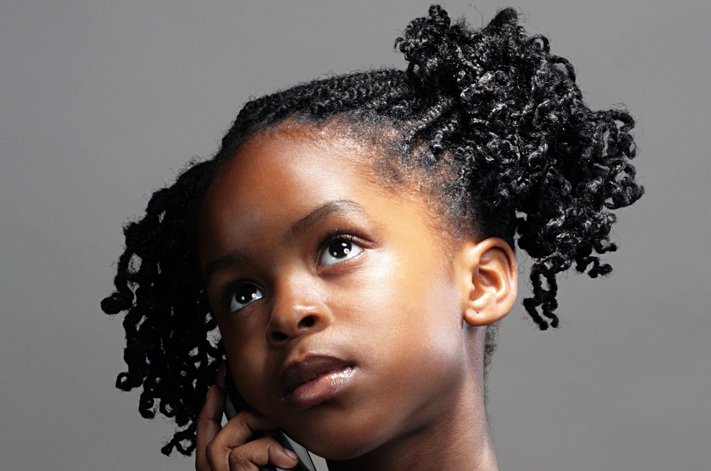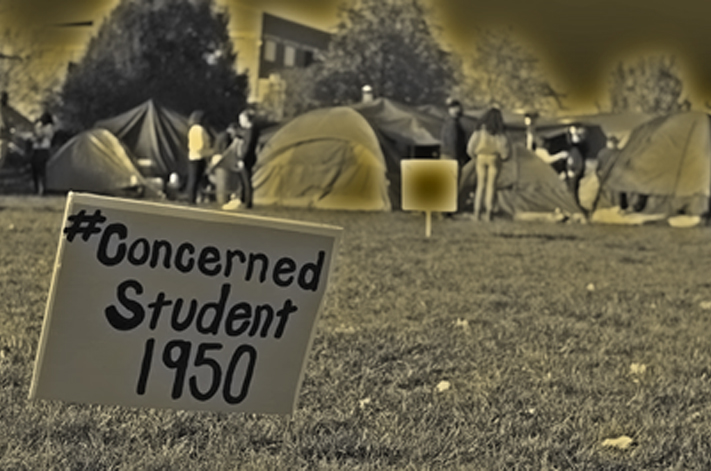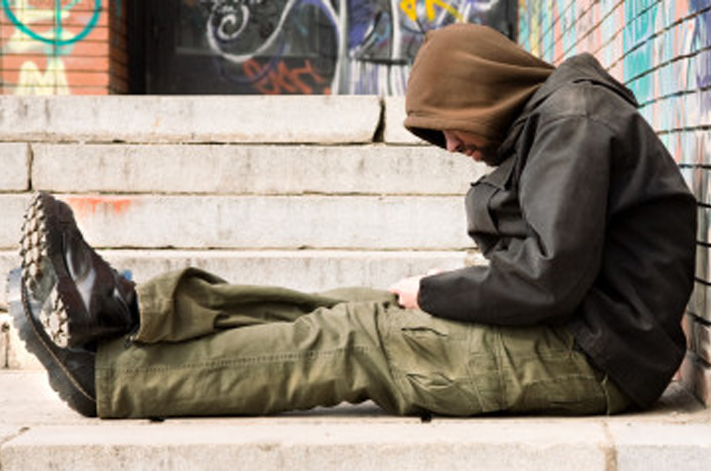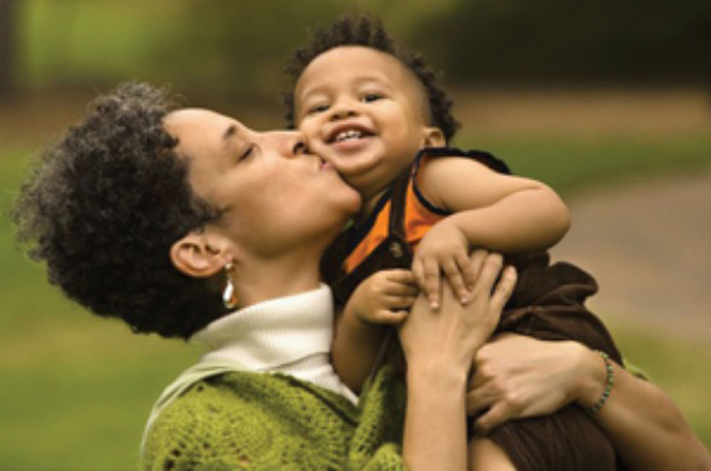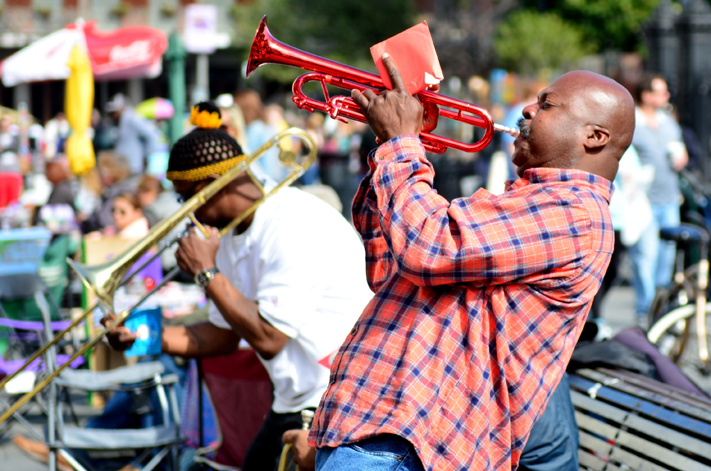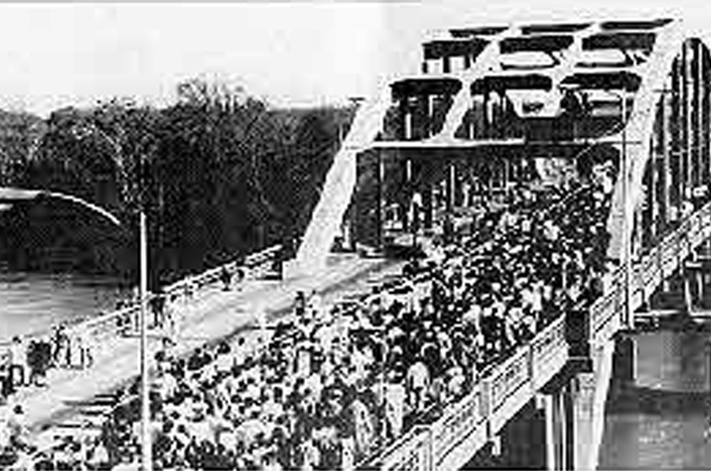Project Description
I am not that black person…I was that black person but I refuse to be that black person anymore.
We are in the midst of another cycle of oppression boiling over into the streets. In Baltimore, protests have erupted over the death of Freddie Gray who died a week after being arrested by police and suffering a broken spine. Protesters took to the streets over the weekend demanding answers to why another black man is dead after an altercation with police. On Monday evening after the funeral for Freddie Gray, the protests turned violent as some destroyed property, set fires, and attacked people on the streets. We are not new to this cycle of oppression. It happened in Ferguson after the death of the Michael Brown, and in the 60’s after the assassination of Dr. King, and all over the world when oppression turns to rage. Anyone who pays attention to history can describe what will happen before it unfolds. Black person killed. People protest. Some people turn to violence. The National Guard gets called in and all hell breaks loose. This is how the cycle of oppression plays out when those being oppressed take their anger to the streets.
Next we get the reaction from the rest of the world. Black leaders and the family of the victim make pleas for peace. Elected officials make demands for nonviolence but refuse to answer questions about Gray’s death and as Ta-Nehisi Coates reminds us “when nonviolence is preached as an attempt to evade the repercussions of political brutality, it betrays itself.” The media reacts as well. Not when the protesters are demonstrating peacefully because the White House Correspondence dinner is too important to cover peaceful protests. But once the violence begins, the media is sure to get involved making sure the world sees the story they want them to see. And then the rest of America responds. Through social media people quickly begin to condemn the violence, which is not the solution, but instead of remembering why people are protesting in the first place, many people focus only on the violence. They quickly label those they watch through the constant media coverage destroying property as thugs, animals, and criminals. And they demand that their friends do the same. They want others to not only condemn the violence but publicly demean those engaging in the violence.
Well on Monday night I did not give them what they wanted. In my first post, I said I would not pass judgment because I was not in Baltimore (I also refused to watch the non-stop media coverage that has them fired up) and although I don’t condone the violence I understand that outrage leads to violence. I shared an article from Baltimore Orioles COO John Angelos who aptly reminds people that what is happening in Baltimore is directly related to the lack economic opportunity and the increasing poverty. I also reminded people that the fires will burn out, the glass will be replaced, the cars will be fixed, the businesses will be remodeled, and the bruises will heal but Freddie Gray will never breathe again and that is the reason why most people are in the streets in Baltimore. Next, I chose to remind people that when white people riot, after they win or lose a game, rarely do the media call them thugs or label their actions as riots. This hit a nerve with many of my white friends. They did not like me comparing the response to white riots with the response to what is happening in Baltimore. They were hoping that, the cool, hip, educated, black woman they call a friend, would join them in their condemnation of the thugs, criminals, and animals. What these friends of mine are learning is that I am not that black person.
There are many black people who will join them in their public denouncements of the people who use violence but I refuse to play that game. Even members in my own family are quick to zero in on those who engage in violence and blame them for making all black people look bad. I am not that black person. You can find videos of black people denouncing those who resorted to violence and blaming the black community for always giving white people a reason to treat us the way they do. I am not that black person.
I was that black person but I refuse to be that black person anymore. Growing up in all white New Jersey, desperate to be accepted by my white friends, I embraced a colorblind pull yourself up by your bootstraps blame the victim mentality for many years. Then I learned that people who are blind to my color are blind to me, you can’t pull yourself up by bootstraps that were cut off at birth, and victim blaming is a tool of the oppressor. I learned that when the masses are driven to extinction through abject poverty and police brutality they will often turn to violence to survive. I learned that when you ignore the plight of the oppressed they will often turn to violence to get your attention. None of this means I condone violence. I have engaged in many protests and they have never been violent. I do not hate all police and I will be the first one to turn to police when a situation calls for it because I want to live in a safe world. But once I became aware of how systems of oppression work and how white supremacy functions to keep people of color at the bottom of the social hierarchy, I can never be that black person who focuses on the few people engaging in violence instead of the thousands demanding justice.
What really gets me is why my white friends need me to be that black person. Why do they feel the need to call me out for not slamming the protesters as violent thugs? I suspect that they need me to help them ignore the struggle. You see if I join them in their chorus of “violence will not solve this” and “these people are only making it worse by acting this way”, then they can continue feeling comfortable ignoring the reality of how oppression works. They need me to condone their ignorance because if a cool, hip, educated, black friend agrees with them then they are justified in their thinking. Well, I hate to burst your bubble, but I am not that black person. I will not help you ignore the reality of a rising epidemic of black violence by police. I will not allow you to dismiss the reason why people have to take to streets after another black man or woman is killed by those who are sworn to protect them. I will not contribute to your denial that racism and poverty are the real acts of violence that we should all be angry about.
You see if I was that black person, you should not be happy to have me as a friend. I would be doing you a huge disservice if I did not force you to confront things you do not want to see. So since I am your friend I need you to know that I am not that black person and you should thank me instead of being angry with my response. I will still be your friend even if you rush to condemn those engaging in violence, but I have to wonder if you will still be mine if I refuse to be that black person. I unfriended a few people who took their condemnation too far for my liking and I am sure I lost some friends because of my posts. You do not have to agree with me but if you are going to call yourself my friend, you need to know that I am not that black person you need me to be. And if you want our friendship to grow stronger you should ask yourself why you need me to be that black person.
Denisha Jones, PhD is Visiting Assistant Professor of Early Childhood Education at Howard University. She received her in Curriculum and Instruction from Indiana University. Denisha has taught kindergarten and preschool. She served as a campus based preschool director, and taught college for over 10 years. Her research interests include service-learning, dealing with challenging behaviors, the de-professionalization of teaching, and promoting diversity in education.
This piece was reprinted by EmpathyEducates with permission or license. We thank the Author, Denisha Jones for her kindness, her reflection and for inviting each of us to have what we believe is a needed conversation with ourselves as well as others.

